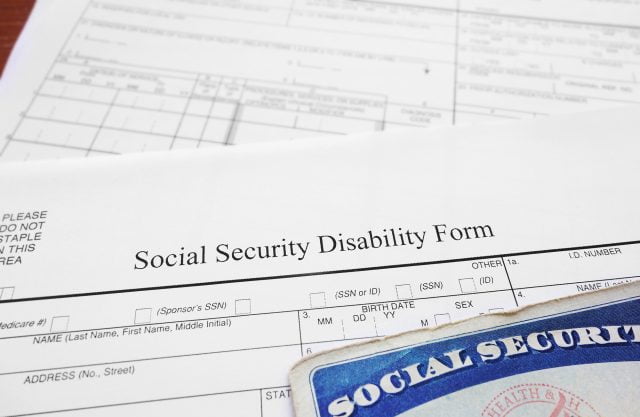
Insult to Injury: Disability, Earnings, and Divorce
Abstract
This study examines the effect of work-limiting disabilities on the likelihood of divorce. Theoretically, the effect depends on the disability hazard at the time of onset and the impact of disability on marital value. The theory therefore implies, based on a set of empirically supported premises, that the effect of disability on divorce should decrease with age, increase with education, and increase with disability severity. Data from the Survey of Income and Program Participation support these predictions. The effect of a work-preventing disability is greatest among young, educated males, increasing the divorce hazard by 13.3 percentage points.







